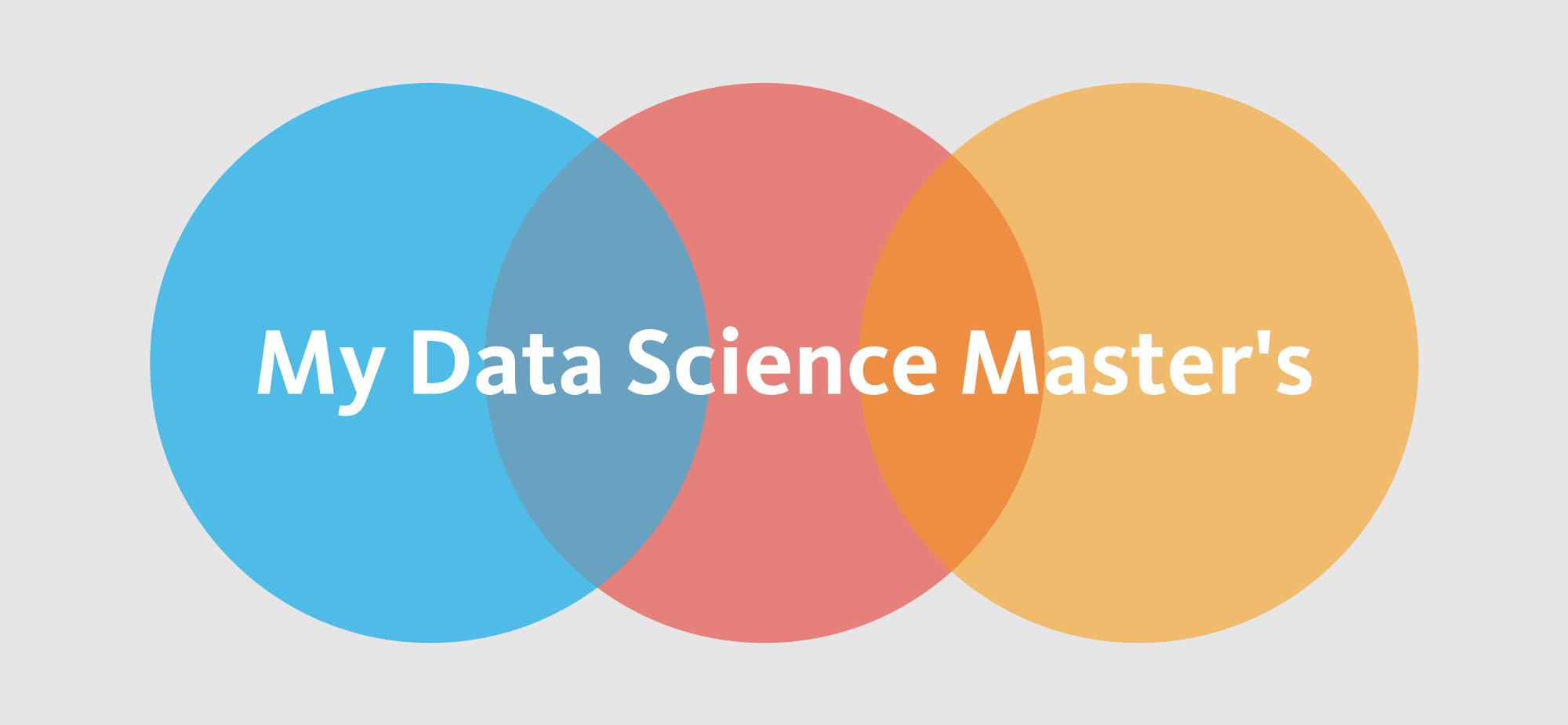
Editor’s Picks
Interviews
Why David Venturi Created His Own Online Data Science Masters
By Cait Etherington
May 23, 2017
In 2016, David Venturi made a bold decision—he dropped out of university and developed his own master’s degree in data science using a careful selection of courses available on Udacity, edX, and Coursera. A year later, Venturi, who blogged about his experience (read more here), is working at Udacity. In this week’s interview, eLearning Inside News talks to Venturi about his decision to pursue an online data science masters.
Trading Prestige for a DIY Online Data Science Master
Cait Etherington: First, since I know that Canadian universities have lower tuition than most U.S. schools, why not just complete a degree on campus? You could be completing a world-class degree in computer science at, let’s say, Waterloo or the University of Toronto, and doing it for only a few thousand dollars per year. If money wasn’t your motivation for creating your own master’s degree, what was?

David Venturi: Canadian CS tuition isn’t a few thousand dollars per year anymore! I was actually enrolled at U of T in the Fall of 2015 for their CS program (and dropped out after two weeks) and tuition was roughly 12,000 per year. Three year degree = $36k plus textbooks, etc. plus the opportunity cost of at least a year’s worth of salary.
But money was never the sole driving factor for dropping out. The traditional lectures, big classes, etc. felt so wrong after trying a few of the new breed of online courses (Udacity’s Intro to Computer Science, specifically, was my introduction). These classes were way more fun. I felt like I was learning more efficiently. Then there was the autonomy of learning from home on my own schedule. The allure of taking courses from places like Harvard, Stanford, etc. Also, it was a bit of a risk and a challenge, which I like.
Everything considered made dropping out to pursue my DIY program a surprisingly quick and easy decision.
MOOCs Require Discipline
CE: Would you recommend this process to other people? Likewise, could just anyone do what you just did or is this really only for someone who is extremely disciplined?
DV: It definitely takes discipline. And you need to need to be driven. If you have those two down and are confident that you can market yourself with personal projects and an online presence, I say go for it. Most often not as a replacement for undergrad degrees if that’s a thing that you are doing – the university experience is extremely valuable and currently almost necessary given today’s hiring practices. But once you have that, I 100% recommend it. It doesn’t have to be a bunch of courses to replicate a master’s. Udacity’s Nanodegrees by themselves, for example, are usually 6+ month programs and give the same effect (the Data Analyst Nanodegree was a part of my master’s curriculum). They are so well put together and likely carry more weight in the job market.
Adding Value to a Self-Made Degree
CE: Did you decide to start blogging about the process from the beginning? And is all this publicity a really clever strategy to build up “currency” around your DIY degree? That said, is it working?
DV: Yes, part of the deal with dropping out to create my own program was that legitimizing it somehow would be helpful. I initially planned to have a detailed review for every single course I took as a way to prove that I actually did them. That was the initial goal, but it quickly turned into so much more. People from all over the world were reaching out, curious, asking for help in crafting their online learning plans, and offering support and encouragement. The blogging became a public service. Helping and inspiring people felt great, especially since we are talking about something as important as education.
I never imagined I’d get this much attention. But when freeCodeCamp starting picking up my articles (I wrote guides listing all courses for every subject within data science and recommending the best ones) and sharing them with their 250k+ followers, that “currency” played up. I got two jobs directly because people found my work online. In that sense, it worked.
CE: You clearly love learning, but do you ever miss being a traditional student and interacting with other students and professors in person?
DV: A little bit. Not so much the students. I have a great group of friends and family so the social aspect never became too dire. I also used my time saved from the lack of commuting and the efficiencies I mentioned above to pick up some new hobbies and meet some new friends.
The Growing Currency of MOOCs on the Job Market
CE: So, you’re applying for a job, and it has come down to you and two other candidates who just happen to have graduate degrees from MIT or Stanford. How do you convince the employer that you’re just as or more qualified that the other candidates with their prestigious traditional degrees?
DV: I am extremely confident in the courses I took and my ability to learn. I try my best to enthusiastically convey that online, through projects and blogging, and in person in this hypothetical scenario you’ve created. If an employer can’t see my value and wants to favor credentials that often bias towards privilege, that’s fine. Their loss. They are excluding themselves from a new breed of student that is “abnormally driven” (not my words, hers), disciplined, resourceful, and creative.
Visit David Venturi’s My Data Science Master’s to read more.









No Comments